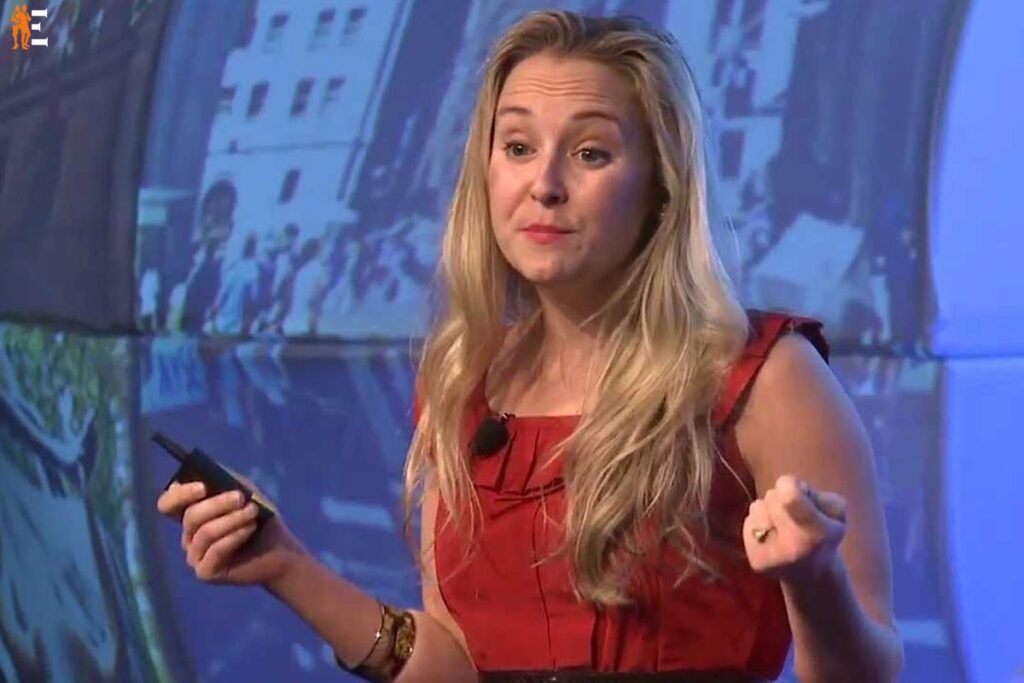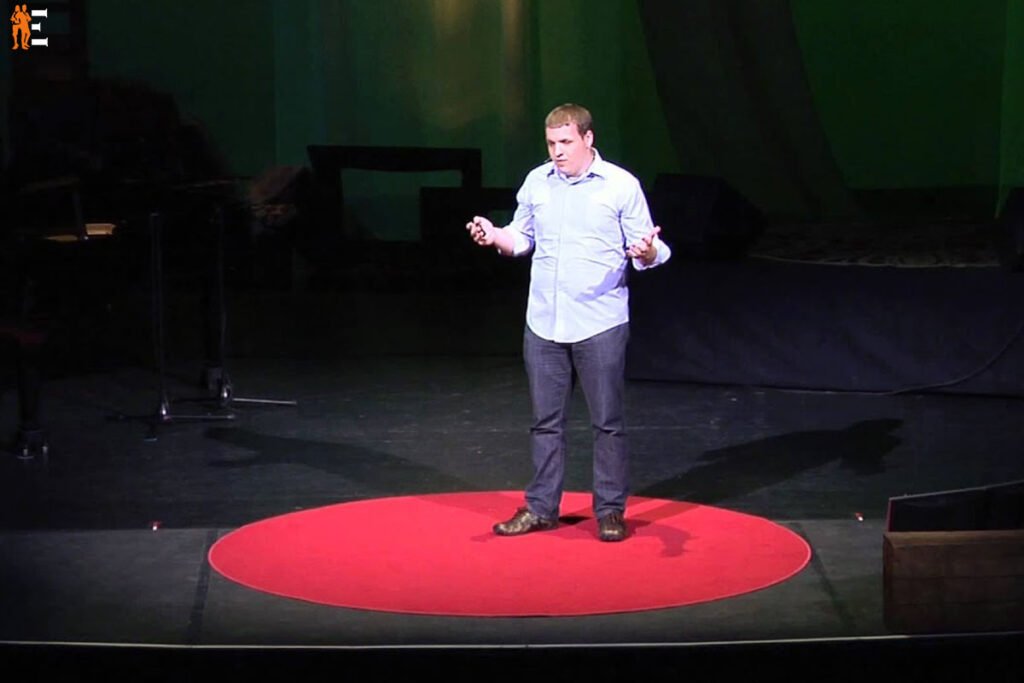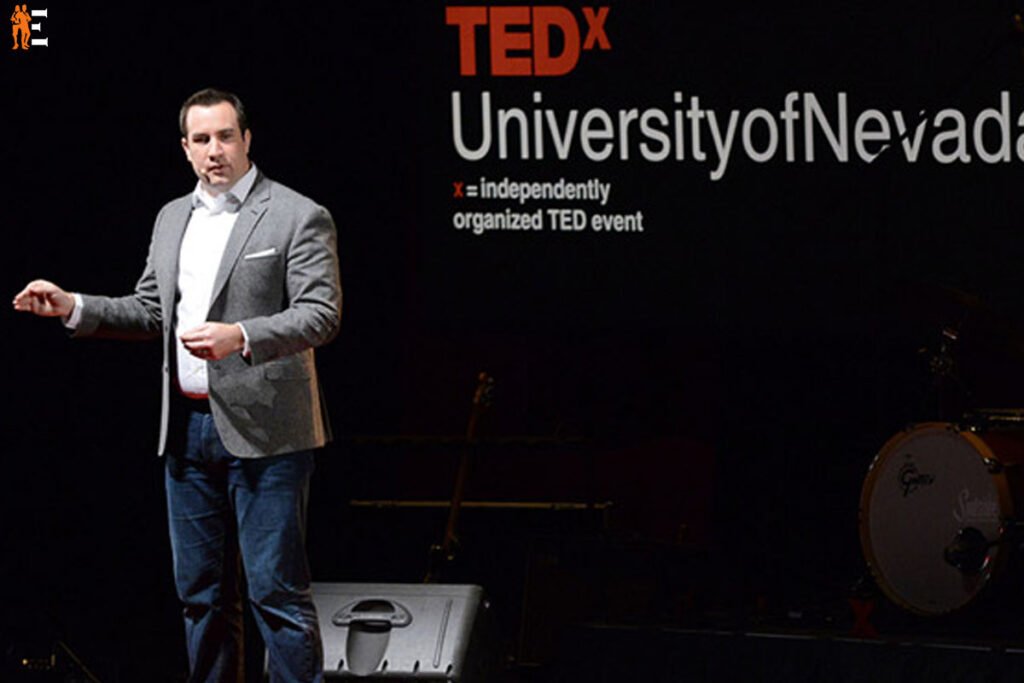TED presentations are undoubtedly familiar to you. If you haven’t already, let me tell you how much I like TED Talks About Money lectures and why I believe they’re so great.
First and foremost, what I like most about TED presentations is that they are brief, instructive, and fascinating lectures on almost any subject you can think of.
The capacity to grasp how money works is referred to as financial literacy. These TED lectures will undoubtedly educate and teach you about personal money management. Don’t miss out on these financial health, financial independence, and investment seminars.
TED presentations are an excellent way to learn about a wide range of topics in a short period of time. They may discuss everything from money to science to raising children to the next major technological breakthrough!
Each TED Talks About Money presentation will leave you feeling inspired and brimming with ideas for how to better and alter your own life. I like listening to them in the vehicle or while performing my everyday duties.
And, although there are many great speeches to pick from, I’ve compiled a list of my top 7 financial TED talks.
These seminars will educate you different financial fundamentals via interesting anecdotes while also introducing you to fresh ideas and viewpoints.
These are the Top 7 TED Talks about Money.
1. One Life-Changing Class You Never Took- Alexa Von Tobel
This presentation is a must-see! Alexa often offers money, personal finance, and financial education speeches. Alexa highlights the significance of financial knowledge in her Ted Talk.

She says that most of us learn about money by trial and error, and that the majority of individuals never attended a personal finance class in school.
Alexa guides us through a typical American student’s financial predicament, which includes loan debt, consumer debt, and no retirement savings. She emphasizes how education and understanding may have avoided this unfortunate financial predicament.
2. Saving for Tomorrow, Tomorrow- Shlomo Benartz
There is a distinction to be made between knowing you should save and really doing so. As a consequence, just one-third of Americans save in a 401(k) retirement plan, and only 10% of Americans save enough for the future.
Benartz finds the most significant barriers to retirement savings and then asks, “How can we transform this behavioral difficulty into a behavioral solution?”
Do you want to establish a 401(k)? If that’s the case, don’t miss this article!
3. Sell your crap. Pay your debt. Do what you love- Adam Baker
I truly adore this TED Talks About Money presentation -it reignites my soul each and every time I listen to it. Baker and his wife decided to sell everything they had, pay off their consumer debt, and spend a year traveling overseas as a family following the birth of their first child in 2008.

Adam argues that that we don’t need “things” and how he and his family were able to obtain happiness via “freedom”. His remarkable narrative of selling everything, paying off debt, and putting their remaining possessions into backpacks will inspire you!
4. How To Buy Happiness- Michael Norton
Michael Norton discusses intriguing findings on how money may, in fact, purchase happiness. He shares the findings of his research on TED Talks About Money, which suggest that spending money on others rather than oneself boosts happiness.
He put this notion to the test by having one group spend money on themselves and another group give money away. Listen to his unexpected research on the numerous ways pro-social spending may help you, your job, and (of course) other people in this Finance TED presentation.
5. Could your language affect your ability to save money?
Keith Chen’s
Is it possible that the language you use really determines how you think about the future? Keith Chen, a UCLA professor and behavioral economist, explores how the language we use may be preventing us from being wealthy.
His study from TED Talks About Money has shown that languages with no idea of the future — “It rains tomorrow,” rather than “It will rain tomorrow” — have a substantial correlation with high savings rates.
Keith says that if the future seems farther away from the present, it will be more difficult to save money.
Yet, futureless languages, in which the present and future are spoken interchangeably, making it simpler to save in the present for the future.
6. The battle between your present and future self- Daniel Goldstein
Behavioral economist Daniel Goldstein discusses the uneven conflict between our “Now Self” and “Future Self.” He claims that it is difficult to save money for the future when we have difficulty picturing what our future may be like.
Every day, we make actions that have positive or poor implications for our future selves — “The current self does not desire to save at all. It desires to eat. While the future self desires that the present self preserve.”
He then outlines how we may stop ignoring our future selves and start making choices that will lead to financial success in the future.
7. Why You Should Know How Much Your Co-workers Get Paid- David Burkus-

Do you ever discuss your pay with your coworkers? What if we had complete pay transparency?
The question of whether or not individuals should be aware of how much their coworkers make is a never-ending one.
In this Finance TED Talks About Money presentation, David Burkus explores the societal norms about keeping wages confidential. He makes a persuasive argument for openness, emphasizing how it benefits both the employee and the firm.
David believes that openness would boost a company’s feeling of fairness and teamwork.
FINAL THOUGHTS
Do you love watching TED Talks About Money? What are a few of your favorites? As previously said, I like TED presentations, so please propose some TED talks to me!











